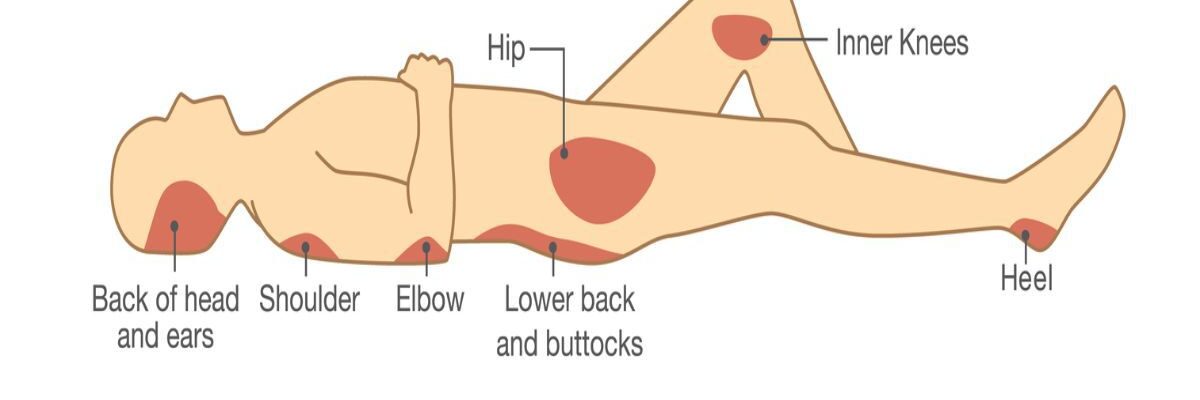A pressure injury, also known as bedsores or pressure ulcers, can be excruciating for elderly patients living in Brooklyn nursing homes. These injuries typically develop from prolonged pressure on the skin, leading to tissue damage and potential infection. Unfortunately, many NYC nursing homes fail to provide adequate care, leading to patient injuries that could have been prevented. If you suspect that your loved one has suffered a pressure injury in a nursing home, it is crucial to take immediate action to protect their health and seek legal representation if necessary.
Signs and Symptoms of Pressure Injuries in Elderly Patients
Pressure injuries are wounds that develop due to prolonged pressure on the skin. Elderly patients in nursing homes are at a higher risk of developing these injuries due to their limited ability to change positions, pre-existing medical conditions, and lack of attentive care. If the nursing home care team fails to turn patients to routinely relieve pressure on sensitive areas, pressure wounds will likely occur. Pressure injuries can occur anywhere on the body but typically form in areas with bony prominences, such as the hips, heels, and tailbone.
The signs and symptoms of a pressure injury include:
- Fever
- Chills
- Weakness
- Loss of appetite
- Red or discolored patches of skin that do not change color when pressed
- A warm, spongy, or hard patch of skin
- Pain or itchiness in an area of the skin
- Open wounds or blisters
Family members should closely monitor their loved one’s skin and alert nursing home staff when they notice any concerning symptoms.
Steps to Take if a Loved One in a Nursing Home Has a Pressure Injury
Family members should contact their loved one’s physician and nursing home administration immediately if they discover a pressure injury. Family members must also document all injuries by taking detailed photographs, writing down observation dates, reporting incidents, and speaking to the nursing home staff.
Elderly patients commonly have underlying conditions that delay healing, making the treatment of pressure wounds complex, time-consuming, and challenging. Treatment options may include medication, frequent wound dressings, and even surgical intervention. Patients also must be moved routinely to prevent extended pressure on high-risk areas. The recovery time will vary from patient to wound severity.
As a caregiver, you must demand proper care for your loved one. Nursing homes and their staff are legally obligated to provide a safe environment for their residents and prevent injuries, such as pressure injuries. When nursing homes fail to uphold their duty, family members can pursue legal action to hold them accountable. Medical care costs also have to be considered, so seeking legal representation is crucial to ensure that your loved one receives the appropriate care.
Nursing Home Negligence Lawsuits in Brooklyn
It is essential to seek legal representation if your loved one has sustained severe injuries that could have been prevented. Individuals with loved ones in New York nursing homes should contact an experienced Nursing Home Negligence Attorney in Brooklyn to help them navigate their legal options. New York Public Health Law §2801-d states that if a residential healthcare facility fails to provide rights or benefits to its residents, it can be held liable for the injuries caused by the failure.
At Bonina & Bonina, we care about our client’s plight. We have years of experience handling medical malpractice and nursing home negligence cases in New York and have successfully helped families obtain compensation for their loved one’s care. If you suspect your loved one has suffered a pressure injury due to their nursing home’s negligence, contact our attorneys in Brooklyn for a free consultation. We will tirelessly protect your family members’ rights while securing the compensation they need to receive the care they deserve.

